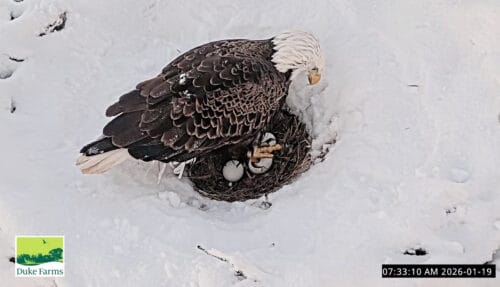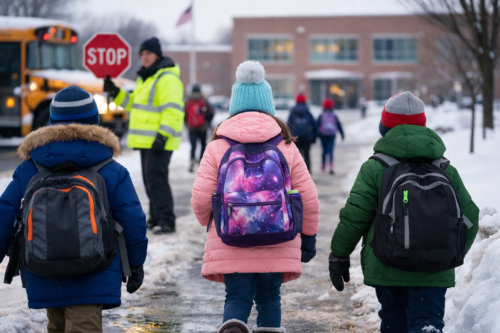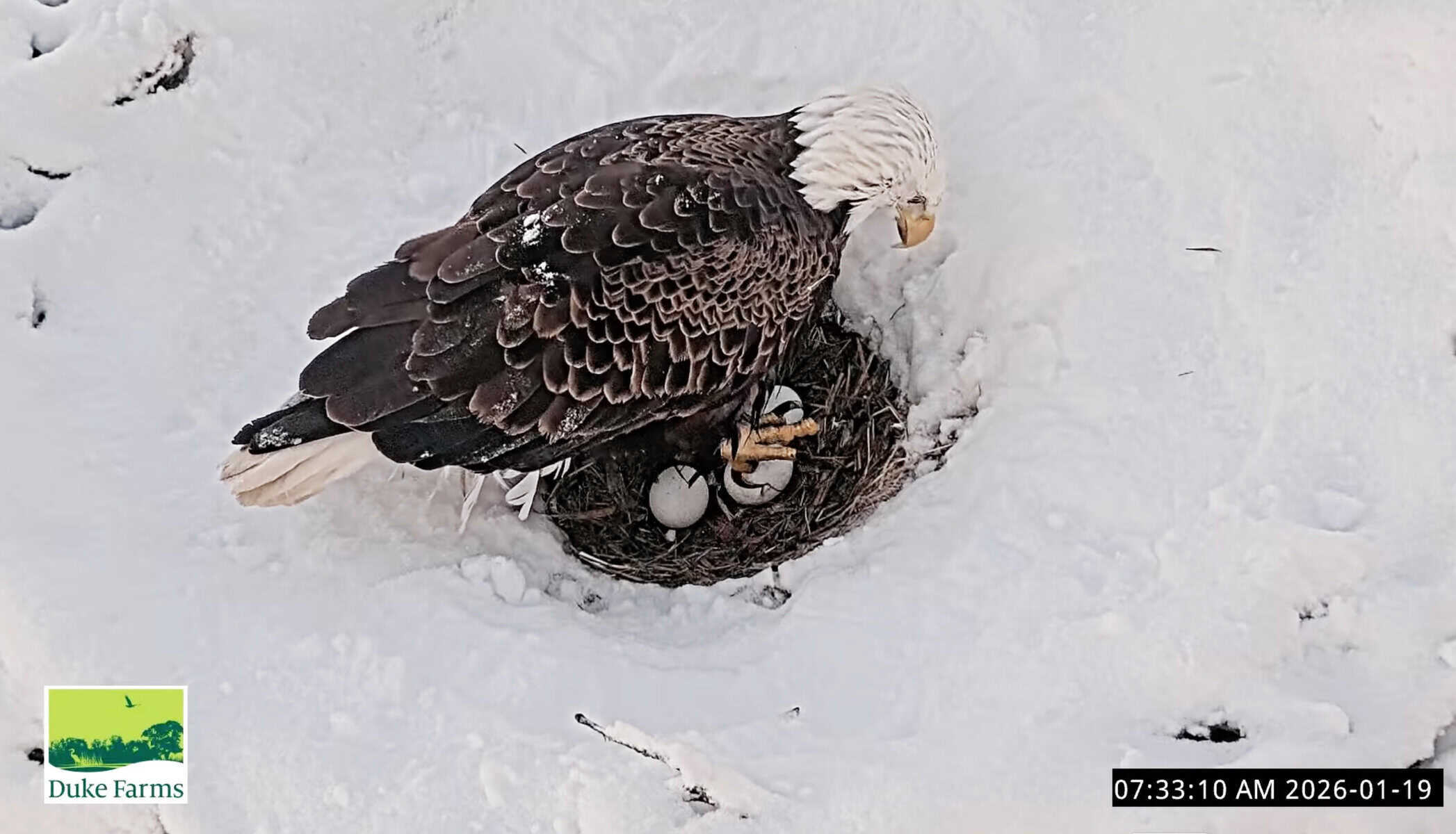The Hands That Feed Us
Seasonal farmworkers are the gears that keep our economy running—and all of us fed.

Undocumented farmworkers are an underappreciated, yet undeniably vital component of our society.
They endure countless obstacles travelling from their homelands to the United States. When they get here, they suffer through more trials and tribulations inconceivable to many.
With one eye always looking over a shoulder, many of them find their way onto America’s farms and begin to earn a living.
Their hands are calloused, their backs are sore, their boots are gritty and grimy. Their sweaty brows reveal “the hard-drawn lines” of daily toil. The wages they earn are a piddling amount. They have no steady health insurance.
These are the unheralded individuals who pick row after row of the vegetables and fruits we buy in grocery stores or local farmer’s markets, and that end up on our plates.
And yet, after working 10, 12, or even 14-hour days, many of these farmworkers go home to bare cupboards and empty cabinets.
 These are the people who help feed America.
These are the people who help feed America.
Who’s helping to feed them?
That question was answered on June 4 when the Community FoodBank of NJ (CFBNJ) held its first Farmworkers Food Distribution event at Sikking Farms, wholesale flower growers, in Vineland.
With the help of representatives from the Cumberland County Department of Human Services, New Jersey Workforce Development, and individual volunteers, the CFBNJ have distributed and delivered hundreds of boxes of food and other necessities to local farmworkers and their families.
“When we talk[ed] about food insecurities, one of the topics that came up was farmworkers,” said Millie Irizarry Sanchez, Network Engagement Specialist with CFBNJ.
The food bank is located in Atlantic County, but Irizarry Sanchez, a Cumberland County resident, persuaded its leaders to distribute food to the farmworkers in our area as well.
“There are several thousand pounds of food that will be distributed to the farmworkers,” Irizarry Sanchez said on a recent distribution day. “We have 400 emergency distribution boxes with assorted non-perishable items.”
Pako Gomez, career coach at New Jersey Department of Labor and Workforce Development, in Vineland, shared a little background about these hard-working human beings.
“They come anywhere from Mexico, Puerto Rico, Guatemala, El Salvador,” he explained. “After they get here, for the first couple of weeks, they need assistance with food, housing, and a good paying job.”
Gomez, who does outreach for Migrant Seasonal Farm Workers, gives them information about their rights and the protections and benefits to which they are entitled.
 “Unfortunately, [they] don’t have a voice or don’t think they have a voice,” Gomez said. “Remember, they’re already quarantined in a sense that they’re coming from other countries and they’re alone. They’re scared.”
“Unfortunately, [they] don’t have a voice or don’t think they have a voice,” Gomez said. “Remember, they’re already quarantined in a sense that they’re coming from other countries and they’re alone. They’re scared.”
“There’s a lot of fear out there,” added Melissa Niles, department head of Cumberland County Human Services. “So even if they are in need, we might not necessarily know it because they are leery sometimes of government agencies.”
The pandemic has hit the farmworker community extremely hard. The choice between good health and sacrificing health to feed a family is a challenging one to make.
“They’re struggling right now because of the virus,” said Mike Sikking, co-owner of Sikking Farms. “… Several of our workers didn’t want to come because of the virus and … we respect that.”
More than 100 farmworkers came out to this food distribution event. Some volunteers went off-site to deliver a few of the boxes. Niles shared an eye-opening experience regarding one of her deliveries.
“The last place we went to … the woman was 89 years old and she ended up giving us food,” Niles recalled. “She gave us some corn that she had picked from the field. Even when the farmworkers receive food, they are still graciously willing to give of their own.”
One volunteer expressed her gratitude for the farmworkers and all the travails they go through.
“I’m thankful for them because they do an amazing job,” said Lucy Covino, co-owner of Andrea Trattoria Italiana in Millville. “They do a lot for us to bring food on our tables.”
Covino, who’s from Mexico, shared some insight about the plight of the migrant farmworker. “They’re so desperate for food, to pay rent, all these things,” said Covino. “Unfortunately, these are the people nobody sees, but these are the [people who contribute most to America]. It’s very important we recognize these people, the undocumented people.”
One farmworker, through a translator, expressed his gratitude for the CFBNJ and the volunteers who helped on this day.
“I feel grateful to know that my hard work puts food on my plate, my family [sic] and feeds many families in America,” said Edwin, who’s worked on the Sikking Farm for nearly 30 years.
“I am very humbled that [CFBNJ] has offered this food to us today,” he continued, “and helped us with the fear of having to go out and find food during this pandemic …”
All of the volunteers beamed with pride as they worked under a blazing sun to help feed the people who help feed America.
“I have no words of how it feels to be able to give back and to help these [farmworkers] who are so in need,” said Irizarry Sanchez, overcome with emotion. “I have no words.”
For more information about how you can help feed people experiencing food insecurities, visit cfbnj.org.











